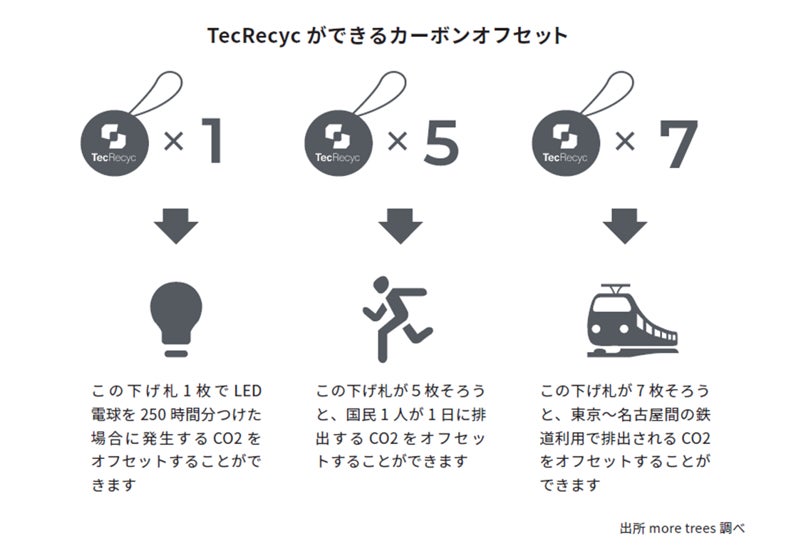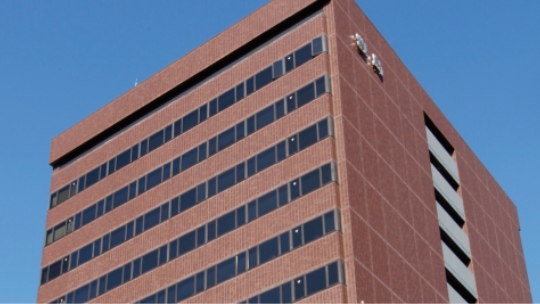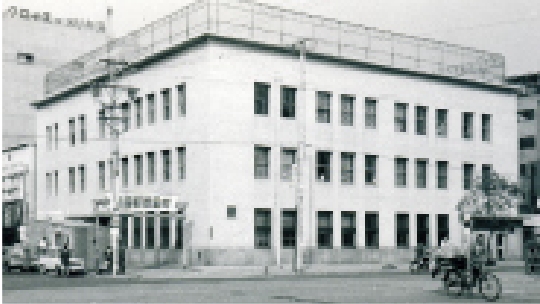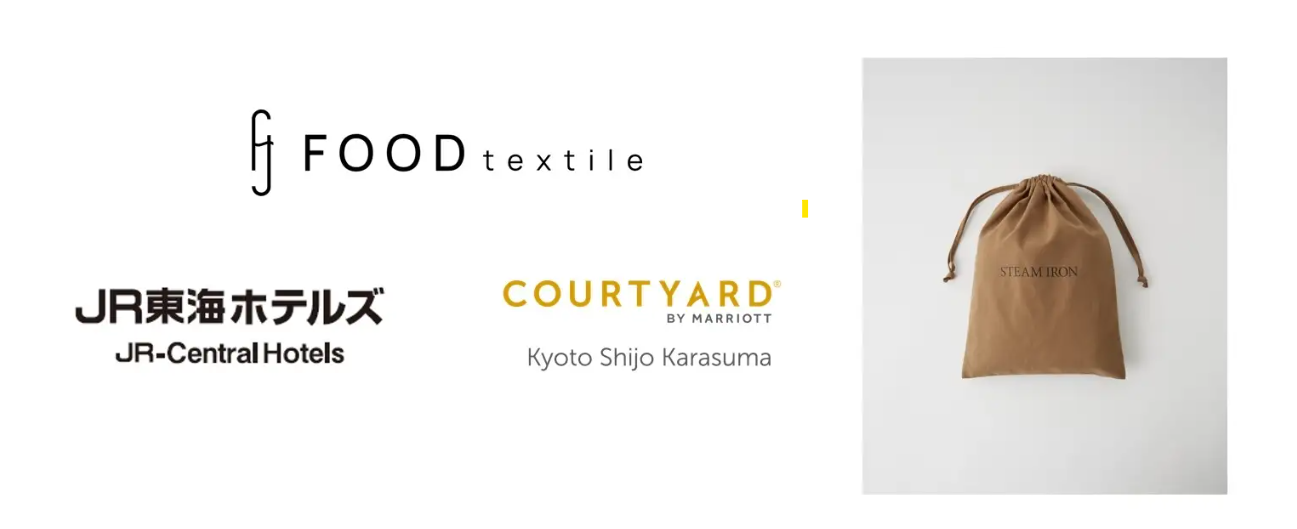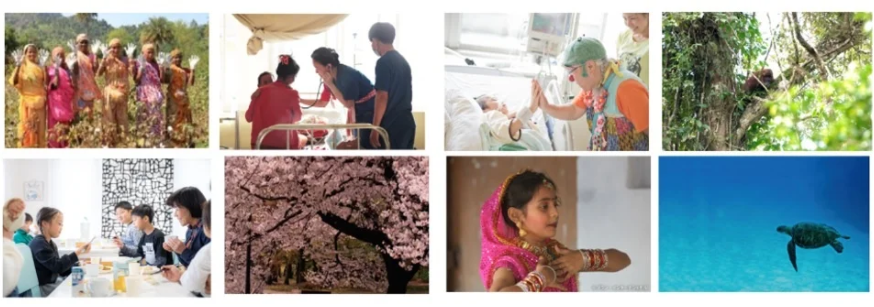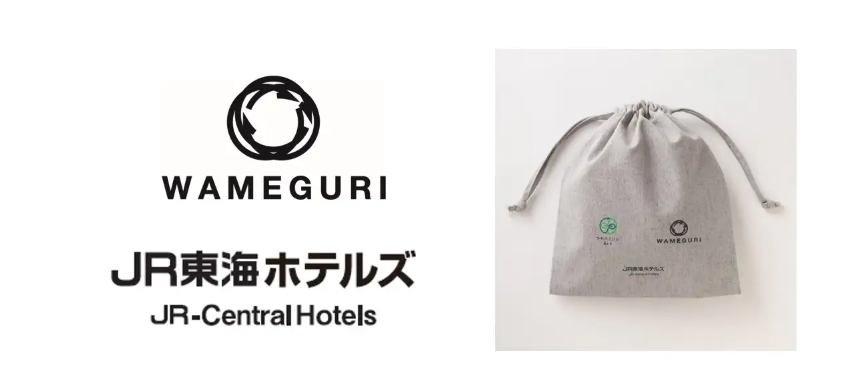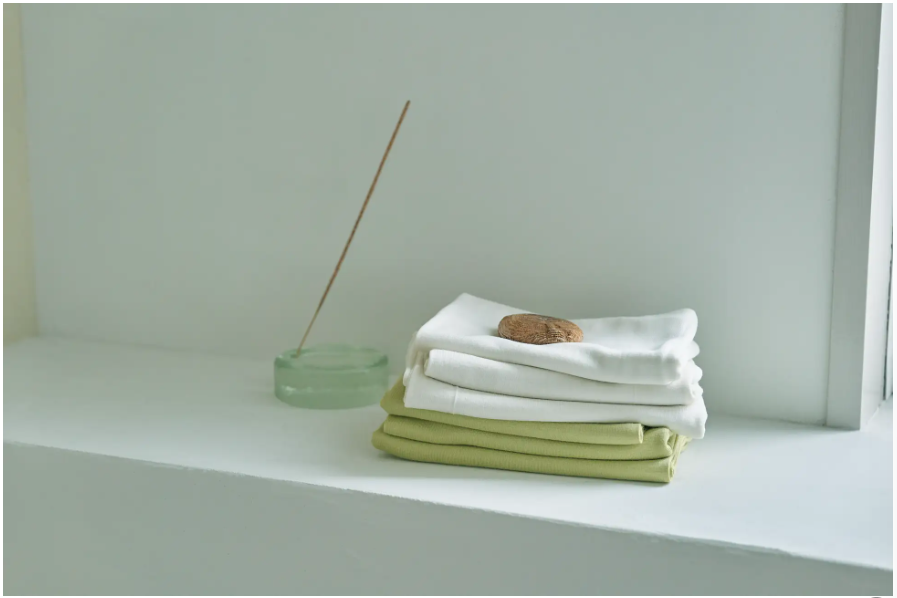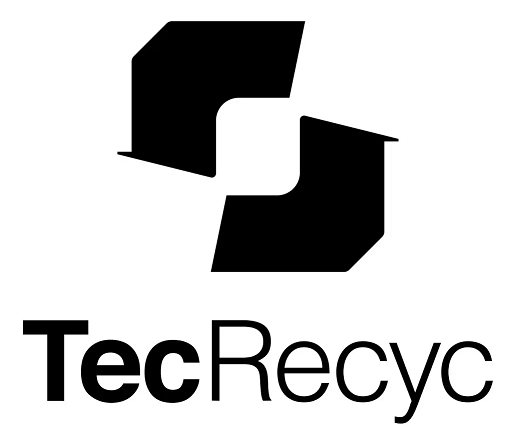
The environmental impact of the fashion industry has become a major problem around the world. According to an announcement by the Ministry of the Environment, the environmental impact of everything from the procurement of raw materials to spinning, sewing, and transportation of products amounts to about 90,000 tons of CO2 emissions and about 8.3 billion m3 of water in one year. In addition, 508,000 tons of clothing are thrown away in the Japan every year. This is equivalent to 130 large trucks per day*1.
Furthermore, in 2021, the Textile Exchange and the United Nations Framework Convention on Climate Change's Fashion Industry Charter for Climate Action (UNFCCC) declared a challenge to accelerate the recycled polyester market through the Charter of Action. We have pledged to increase the share of recycled polyester to 45% by 2025*2.
In actual market conditions, for example, polyester is the most produced fiber in clothing, with a share of 54% in 2021, but the market share of recycled polyester fibers has increased slightly from 14.7% in 2020 to 14.8% in 2021*3.
In response to this situation in the fashion industry, we aim to reduce the environmental impact TOYOSHIMA is developing a project called "TecRecyc", a global recycled material. "TecRecyc" will take on the challenge of reducing the burden on the environment, such as reducing CO2 emissions, by reusing materials that have been discarded so far. By choosing TecRecyc, we will contribute to reducing pollution in rivers, destroying the environment and ecosystems due to rising temperatures, reducing carbon dioxide emissions, which cause food shortages, and will lead to tree planting and forest conservation activities. Even if it costs money and effort, we will steadily work on the recycling process and aim to contribute to the reduction of CO2 emissions throughout the supply chain of the fashion industry for the future earth, and we will report the progress to everyone in the future.
*1 Source: Ministry of the Environment page on sustainable fashion https://www.env.go.jp/policy/sustainable_fashion/
*2 and 3 Source: Preferred Fiber & Materials Market Report 2022
■ Three materials handled by "TecRecyc"
Recycling of PET bottles has now become commonplace due to the growing awareness of environmental issues, but polyester is not the only problem of environmental pollution in the fashion industry. With the thought that if polyester can be recycled, other materials can also be used, and with that in mind, we repeated trial and error in the development of a wide range of recycled materials, and at this stage, we have realized three recycled materials: polyester, nylon, and acrylic.
・Polyester
TecRecyc handles recycled polyester using used PET bottles, as well as chemical recycling made by chemically decomposing and resynthesizing fabrics. Data shows that chemically recycled polyester, which can be recycled as many times as you like without throwing away leftover cloth or clothes, can reduce CO2 emissions in the pellet production process by about 60% compared to virgin polyester.
・Nylon
Raw nylon is recycled from chips from scraps and fishing nets generated in the manufacturing process of products. Since the pellets are colored, the color development is good and there is no need to worry about color fading or color blur. In addition to reducing CO2 emissions, it also contributes to the reduction of water pollution caused by the dyeing process.
・Acrylic
Since acrylic is often used in blends, it has long been considered one of the most difficult materials to recycle. TecRecyc partners with a global acrylic manufacturer to handle recycled acrylic materials that reuse factory scraps. Recycling acrylic, which has been incinerated as garbage, contributes to reducing CO2 emissions.
■Reduction effect of changing polyester clothing to "TecRecyc"
If you change about 33 polyester clothing to "TecRecyc" = CO2 emissions can be reduced by the same amount as 8.8 kg CO2 absorbed per year for one cedar.
*Reduction amount when 1 kg of polyester is changed to recycled material: 1.0755 kg CO2/kg.
*We assume that polyester clothing weighs an average of 250g.

In addition, if all of the polyester products produced by TOYOSHIMA were to be changed to TecRecyc, CO2 emissions equivalent to 2.5 million cedar trees (2,500 ha) could be reduced annually. This means that CO2 absorption effects can be obtained in the same way as creating a forest with an area equivalent to 520 Tokyo Domes.
*It is estimated that properly maintained cedar forests of 36~40 years old cedar store about 320 tons of CO2 (about 82 tons in carbon terms) per 1ha.
*In addition, it is estimated that 1ha of this 36~40-year-old cedar plantation absorbs about 8.8 tons of CO2 per year (about 2.4 tons when converted to carbon).
*Assuming that there are 1,000 standing trees in 1 ha of a 40-year-old cedar plantation.
(Source: Forestry Agency website https://www.rinya.maff.go.jp/j/sin_riyou/ondanka/20141113_topics2_2.html)

* The numerical data described in "■ Three materials handled by "TecRecyc" and "■ Reduction effect when changing polyester clothing to "TecRecyc" was calculated by Carbon Free Consulting Co., Ltd. based on data provided by the factory.
■Donation to More Trees
By making donations to more trees through TecRecyc, you can contribute to carbon offsetting. For example, if you purchase one product with the "TecRecyc" tag lowered, 10 yen will be donated to forest conservation organizations, which will contribute to a carbon offset of about 1,000 g.
*Estimated based on the return to the forest of Higashishirakawa Village, Gifu Prefecture.
